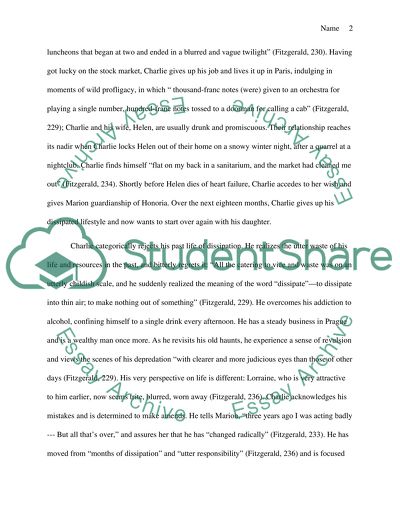Cite this document
(“ESSAY 2 LITR221 Example | Topics and Well Written Essays - 750 words”, n.d.)
ESSAY 2 LITR221 Example | Topics and Well Written Essays - 750 words. Retrieved from https://studentshare.org/literature/1495912-essay
ESSAY 2 LITR221 Example | Topics and Well Written Essays - 750 words. Retrieved from https://studentshare.org/literature/1495912-essay
(ESSAY 2 LITR221 Example | Topics and Well Written Essays - 750 Words)
ESSAY 2 LITR221 Example | Topics and Well Written Essays - 750 Words. https://studentshare.org/literature/1495912-essay.
ESSAY 2 LITR221 Example | Topics and Well Written Essays - 750 Words. https://studentshare.org/literature/1495912-essay.
“ESSAY 2 LITR221 Example | Topics and Well Written Essays - 750 Words”, n.d. https://studentshare.org/literature/1495912-essay.


